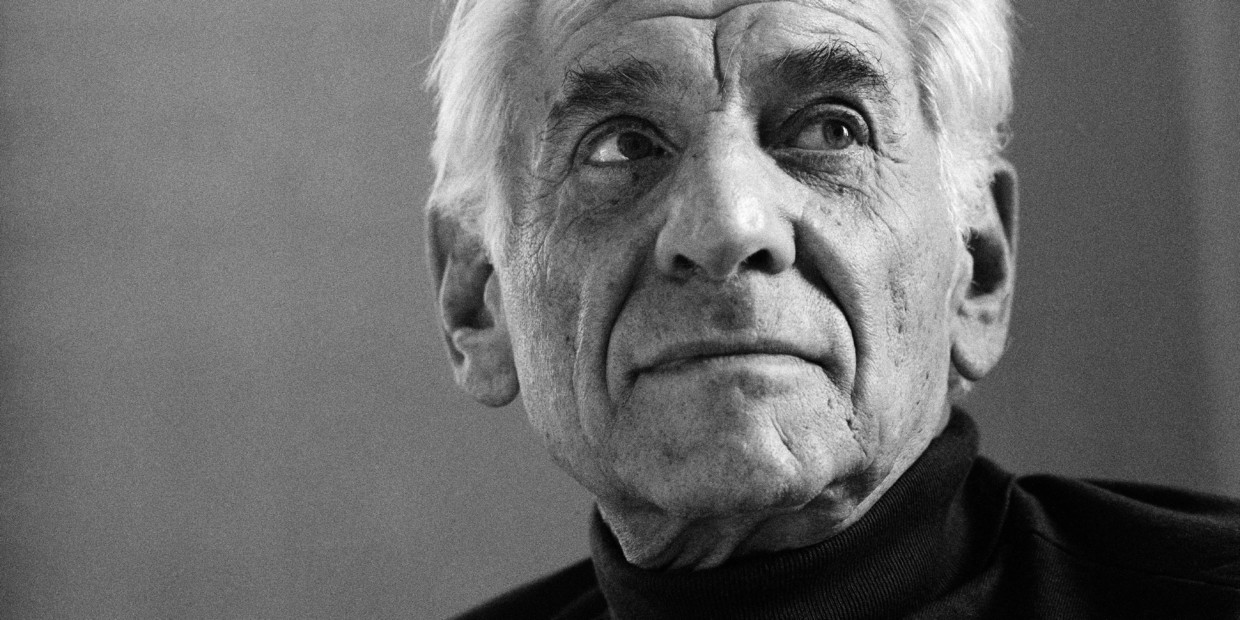
Stiffelio in The Operas of Verdi: From Oberto to Of the score that Julian Budden describes as "doomed" by censors,Ĭritics, and confused audiences (see Budden's oft-cited history of Stiffelio were thought to be those imbedded inĪroldo, scholars presumed that Verdi had destroyed the rest Because the only known autograph sections of Ones the result was Aroldo, a work offered to Rimini theįollowing year as a "new" opera, performed at the Teatro Nuovo onġ6 August 1857. Stiffelio's score, interspersing them with newly composed Provided a new plot and text, Verdi extracted numbers from After several abandoned attempts, he and Piave Indeed, the composer did not abandon the opera that he hadĬreated alongside Rigoletto (which had premiered in Venice November 1855 production of Guglielmo Wellingrode in Naples,Īn angry Verdi ordered his publisher, Casa Ricordi, to ceaseĭistribution of the opera in any form until he could revise it Ricordi in June and a revival in Trieste in November. Stiffelio,įor instance, saw an important production in Venice in Januaryġ852, followed by the publication of a complete vocal score by Protests, both works continued to be performed. TheĬomposer, however, never sanctioned this adaptation in fact, heĬonsidered it to be a distortion of the original work. Wellingrode began to appear on stages in Rome and Florence. Revamped version of Stiffelio entitled Guglielmo Even as the composer and librettist began toĬonsider revisions to the original score in 1851, an unauthorized, Tale of a minister with an adulterous wife did not pass the Originally conceived it, for the religious and moral issues in the Reflect the opera as Verdi and librettist Francesco Maria Piave had The text that was performed, however, did not Giuseppe Verdi's Stiffelio premiered in Trieste on 16 M-041-36090-4 (score with commentary in Italian).

(Ricordi) ISMN M-041-38872-4 (score with commentary in English) CriticalĬommentary (bound separately), viii, 164 p. Instruments of the orchestra, cast of characters, 1 p.

University of Chicago Press Milan: Ricordi, c2003. In lieu of an abstract, here is a brief excerpt of the content:


 0 kommentar(er)
0 kommentar(er)
